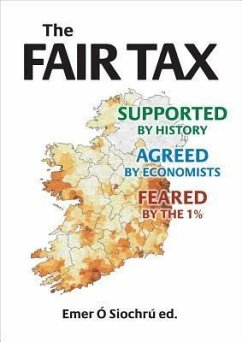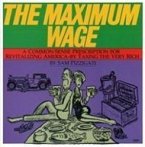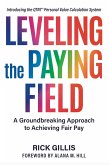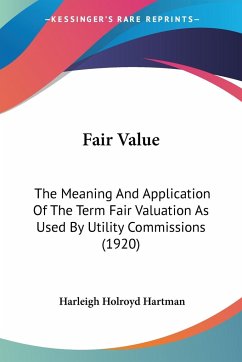Ireland is belatedly introducing a property tax following a disastrous property and financial crash. This detailed report outlines the critical aspects of the design of a new property tax and its potential impact on both the government and the taxpayers. Arguing that reducing the deficit is a significant political issue in Ireland: some advocate cuts and low taxation, others favor heavier taxes on the rich to fund healthcare and welfare programs, all worry about the impact on growth. This volume focuses on the revenue raising side of the equation, explaining that how the revenue is raised is of more consequence for reconciling conflicting interests, making public services more efficient and stimulating economic growth than how much is raised. Comprehensive and informative, this book will be of interest to those concerned with sustainable public services, dampening financial cycles and addressing growing inequality.
Hinweis: Dieser Artikel kann nur an eine deutsche Lieferadresse ausgeliefert werden.
Hinweis: Dieser Artikel kann nur an eine deutsche Lieferadresse ausgeliefert werden.








